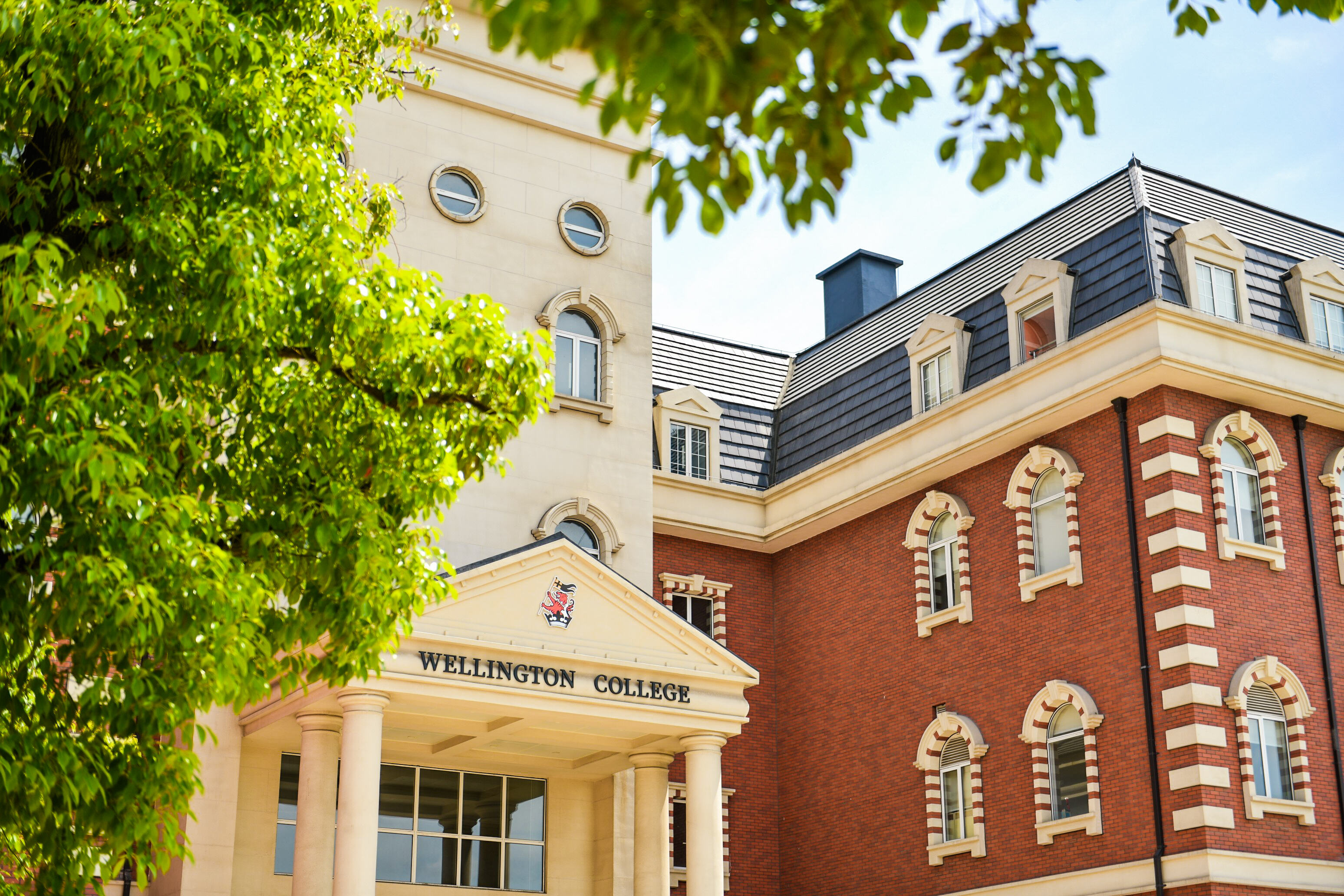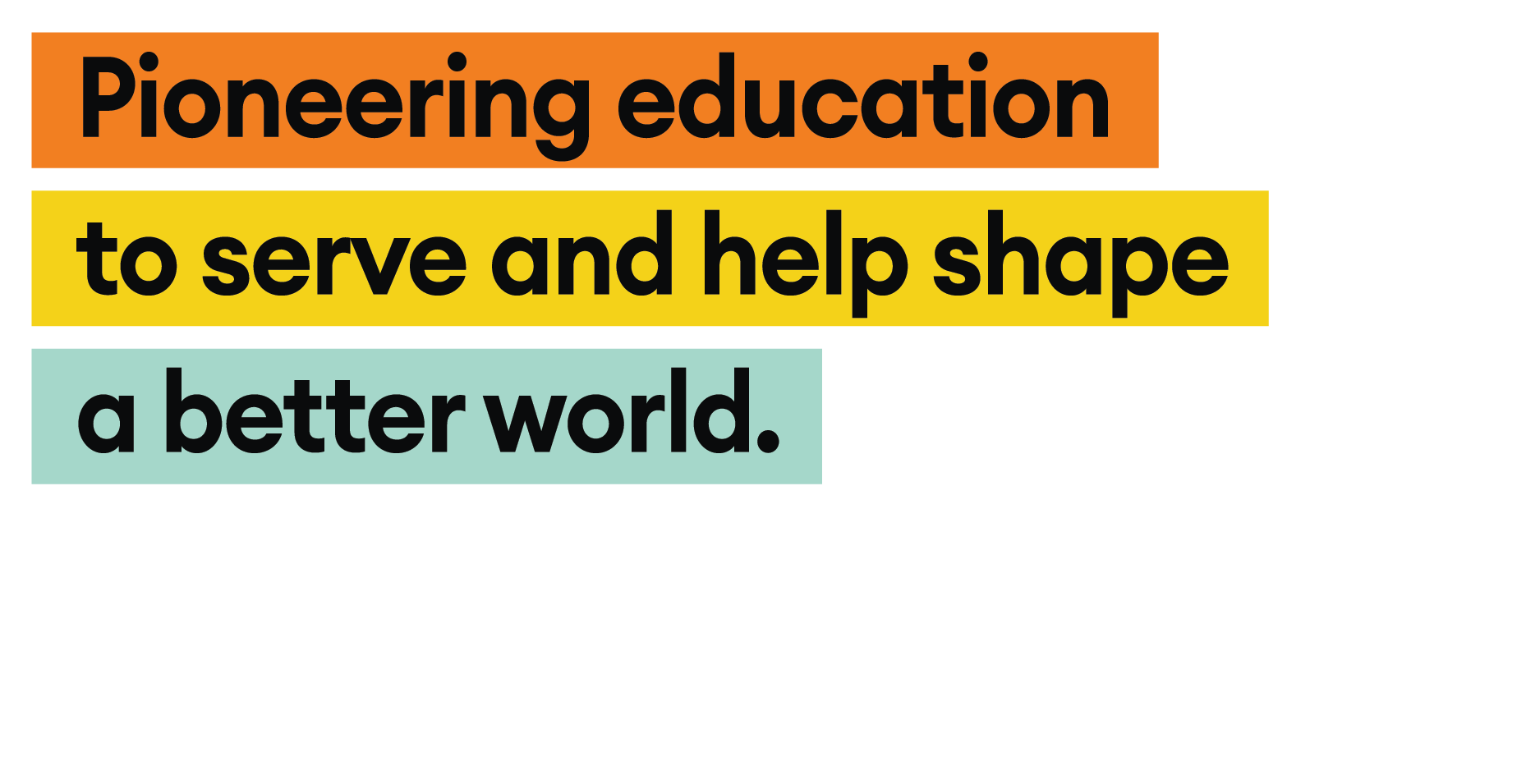Coffee with a Teacher: A Multi-Award-Winning Author
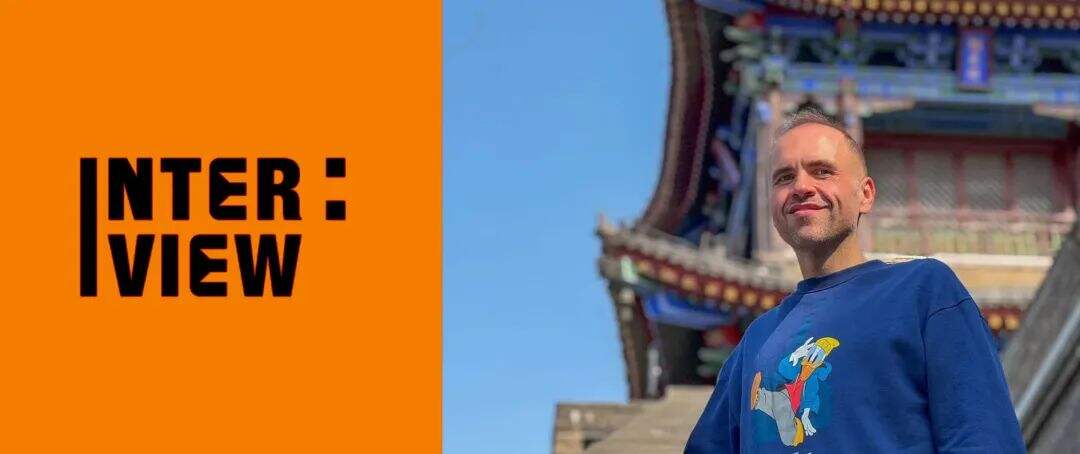
“I am an educator, a traveller and an observer of life's subtle wonders – constantly curious and engaged in narratives, whether through listening, sharing, or writing them.”
Hendrik grew up in South Africa, the rainbow nation known for its diverse cultural heritage that encompasses African, European and Asian influences, providing him with rich sources of creativity. This vibrant tapestry shaped his worldview and laid the foundation for his literary work through its rich oral traditions, vivid landscapes and pulsating urban life.

Hendrik is the accomplished author of 13 children's books. He has won two ATKV (Afrikaans Language and Culture Association) Literary Awards for Die geheim van die spookwerf (The Secret of the Ghost Yard) and Die holderstebolder hondepartytjie (The Topsy-Turvy Dog Party), and was named the NB Publishers Youth Prize Winner in 2024. Yet his most treasured recognition comes not from judging panels, but from his readers.
“(I received) a message from a parent whose child with ADHD, previously unable to finish a single chapter, read three of my books during a school holiday.” It is this transformative power of words that fuels Hendrik's enduring passion for storytelling.

From South Africa to China, from the classroom to the literary world, Hendrik's life has been anchored in two passions: education and writing. Like a cultural alchemist, he transforms diverse life experiences into captivating educational works, bringing the magic of literature back to the classroom. His mission is to help others uncover and cherish these miracles. At Wellington College Education (China) - Hangzhou, this cross-cultural storyteller continues his educational journey, weaving narratives that bridge East and West.
Hendrik believes we live in a hyper-connected global age, where education must embrace diversity and openness to prepare pupils for the future. Hiba Academy Hangzhou embodies this vision as a school deeply rooted in Chinese heritage and committed to nurturing globally minded citizens. This is the kind of internationalised education Hendrik champions and strives to advance.
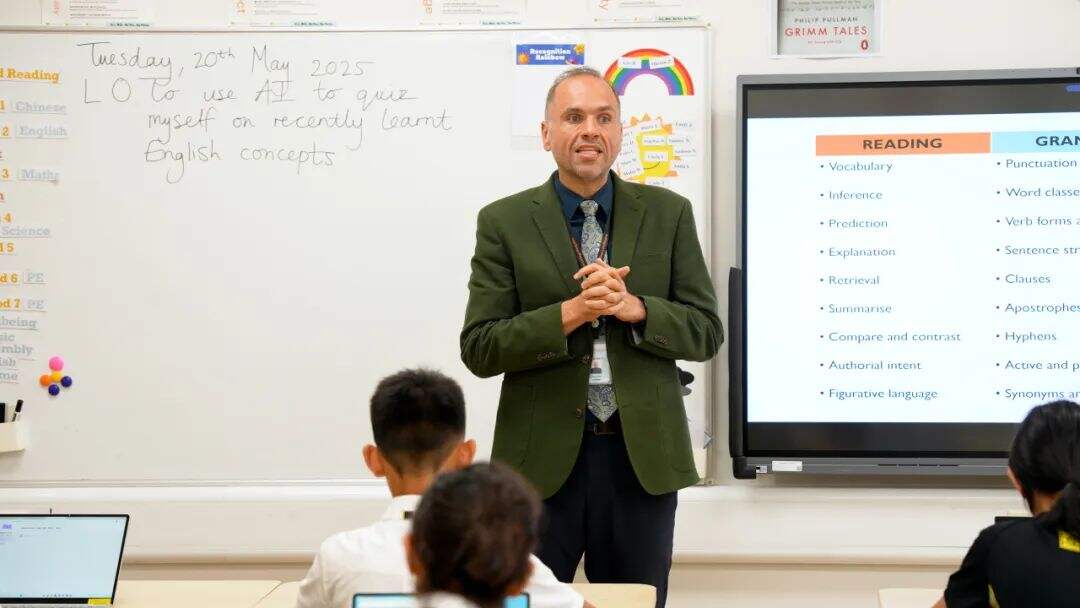
His teaching career began at 23, a seemingly accidental path born from a natural emotional connection with children. He has always liked children, and they seem to like him as well, which allows him to embrace his role as an educator with ease. Over the years, he has seamlessly blended pedagogy and literary artistry.
When interacting with Hendrik, pupils and parents are immediately struck by his warmth and approachability. As a teacher, he has a unique advantage of being able to directly observe pupils’ reading reactions in the classroom and test story ideas on the spot. "This allows me to deeply understand their interests, preferences and the kinds of stories that captivate them," he said. The firsthand educational experience he gains from children ensures that his works precisely meet the psychological needs of young readers.
Hendrik's educational philosophy is deeply influenced by his literary creation. He firmly believes in the transformative power of stories in shaping young minds, a belief that fills his classroom with narrative charm. At the same time, his writing experience also enriches his teaching practice: "My experience as a writer gives me strong subject knowledge in grammar and the writing process. This allows me to guide my pupils more effectively and inspire a love for reading and writing in them."
This two-way nourishment forms a virtuous cycle between education and literature.
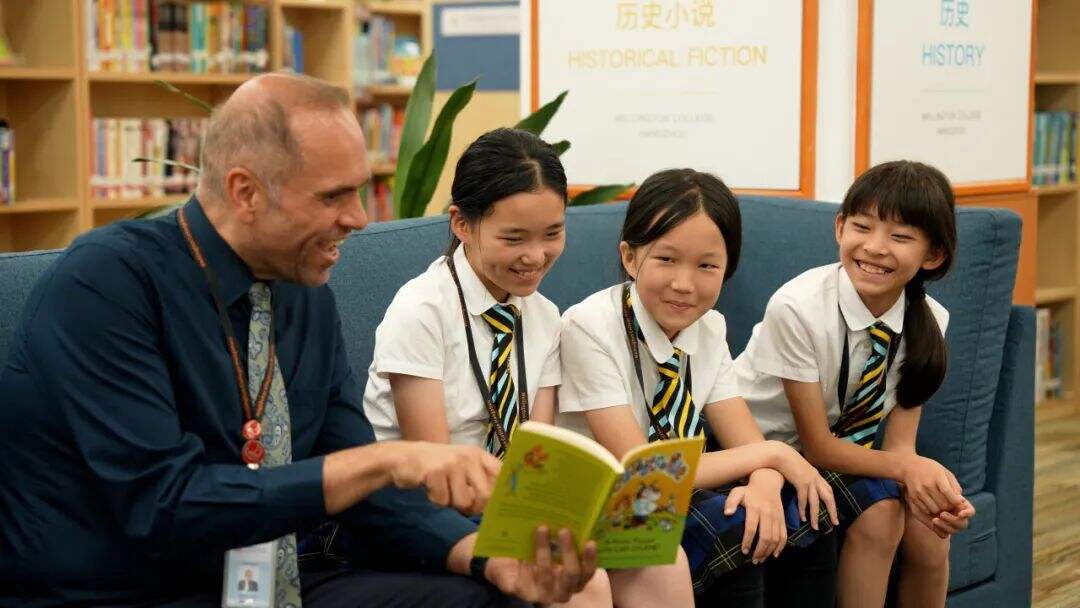
As a cross-cultural educator, Hendrik has unique insights into bilingual education. Drawing from his own experiences with bilingual advantages, he said, “I encourage children and parents not to worry about having a native English accent. Speaking English with a foreign accent should be celebrated – it reflects your bilingual ability, which is a valuable and impressive skill.” In his view, linguistic diversity is not a barrier but a badge of cultural pride.
Hendrik's global educational experiences are equally remarkable. Having lived and worked in South Africa, Saudi Arabia and China, he has immersed himself in three vastly distinct educational worlds. “South Africa is vibrant and diverse, with its mix of languages. Saudi Arabia introduced me to rich traditions and warm hospitality. China, on the other hand, amazes me with its fast-paced innovation, deep history, and the seamless blend of ancient customs with cutting-edge technology.” This cross-cultural comparative perspective enables him to approach cultural differences in education with a more inclusive mindset.
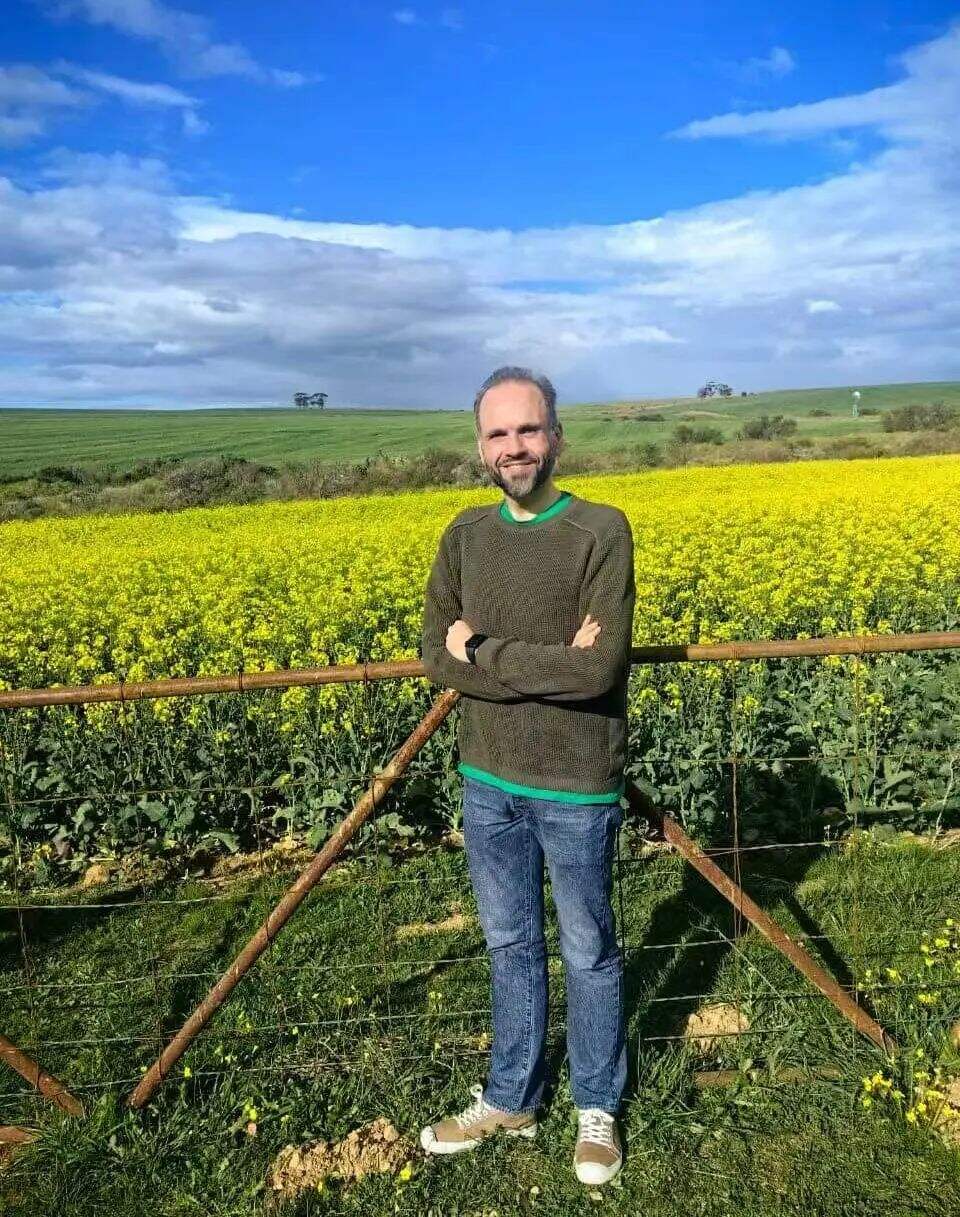
Navigating his dual roles as both writer and educator, Hendrik has confronted unique challenges, particularly the different reception of English versus Afrikaans literature in South Africa's complex publishing landscape. He has met this challenge with a pragmatic and innovative attitude: “By building a loyal readership in Afrikaans – where there's a thriving market for local literature – I could establish my name and credibility.” This strategic thinking demonstrates his wisdom in turning challenges into opportunities.
“Translating literary works from English into Afrikaans is akin to solving a linguistic puzzle.”
Being fluent in English and Afrikaans enriches his literary creation and allows him to build the bridge between the two cultures. This linguistic duality requires preserving the essence of the original while adapting to the rhythm and nuances of the target language, so he often spends considerable time selecting the perfect rhyming word to maintain the story's authenticity. It is this long-term training of 'dancing with words' that has cultivated his unique sensitivity and precision with words.

Hendrik's literary world is rich and varied, encompassing both imaginative fantasy adventures and profound reflections on reality. His writing style is highly versatile, ranging from popularising choose-your-own-adventure novels in Afrikaans, to As ek jy was (If I Were You) that addresses body shaming and self-acceptance, to Die dertiende dag in Chengdu (The Thirteenth Day in Chengdu) that incorporates elements of Chinese mythology. Each work demonstrates his ability to navigate different genres.
In terms of theme selection, Hendrik maintains a spirit of innovation. “I always try to think of unique themes and explore topics that haven't been covered much in children's books yet.” If he chooses to write about a popular topic, he makes sure to approach it from a fresh angle and create an interesting, memorable character to bring something new to the story. As he says, he is "an observer of life's subtle wonders," and his works are the crystallisation of such observations.
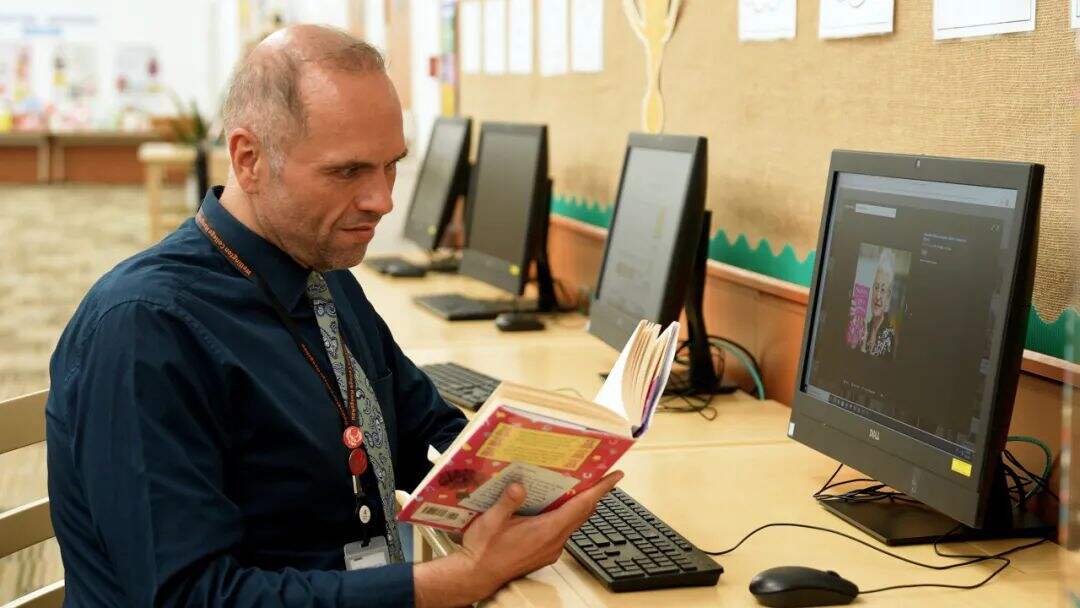
Die dertiende dag in Chengdu (The Thirteenth Day in Chengdu) is a milestone of Hendrik's writing career. Written during his time in China, it was described by Penguin Random House as “a compelling portrayal of expatriate life interwoven with Chinese mythology – a gripping adventure with a hint of horror”.
When speaking of his inspiration for writing this book, Hendrik said, “When I first arrived in China, I was struck by the vibrant energy – the endless streams of e-bikes, the blend of ancient traditions with cutting-edge technology, and the warmth of daily life. These real-life details became the backbone of the story.”
But he did not stop at just describing what he saw. He delved into Chinese mythology, wove his own experiences as an expat with folklore, creating a unique narrative that blurs the line between reality and fiction.
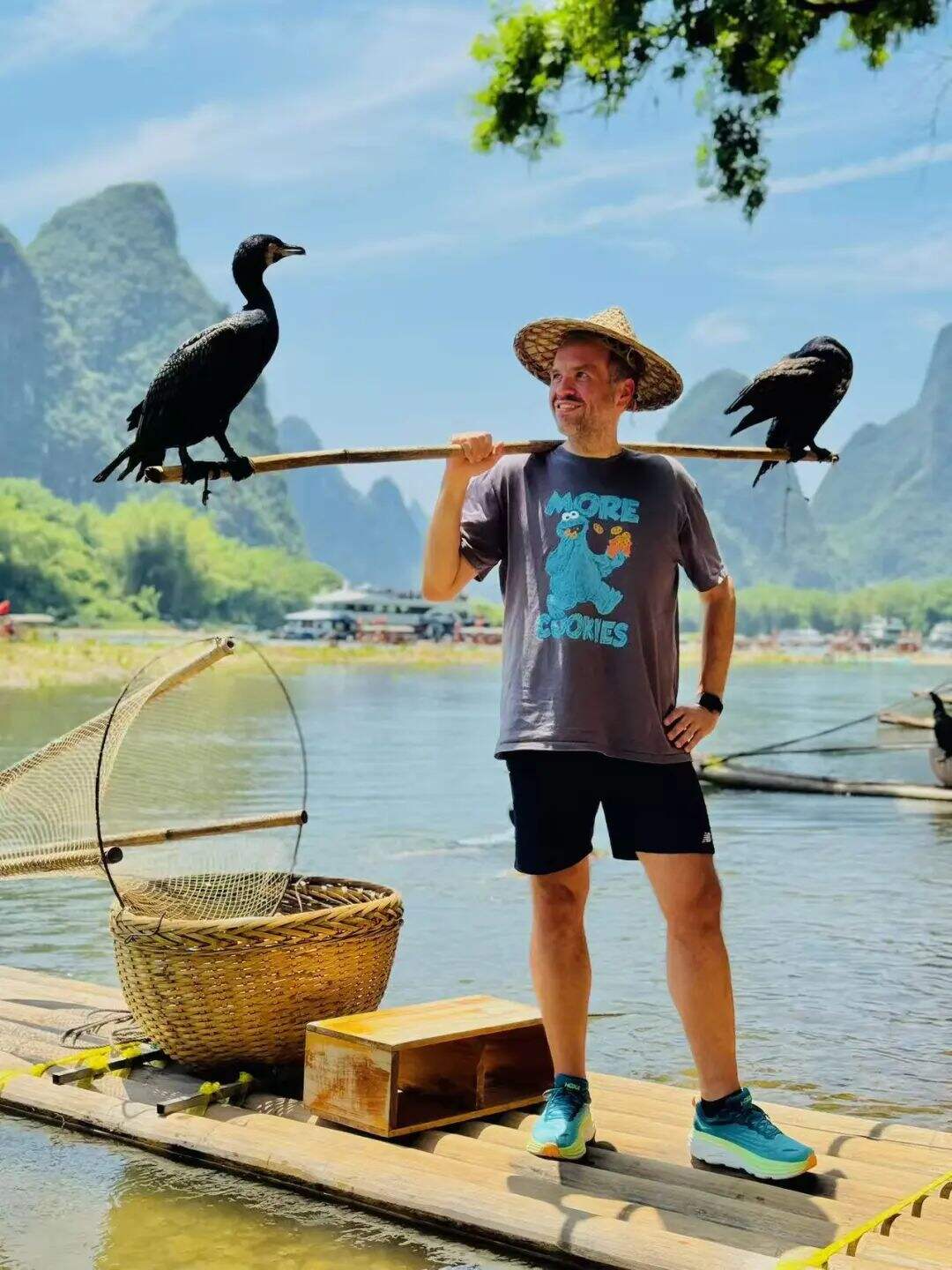
Hendrik's writing process demonstrates his rigorous approach to literature. Thinking of himself as a planner rather than an improviser, he follows a certain ritual when he writes. He wakes up while it is still dark, takes a shower to shake off the sleep, brews some coffee and settles in at his laptop. He also loves writing in coffee shops – the smell of coffee, the soft background music and the gentle hum of conversation keep him oddly focused. This careful selection of a conducive environment for writing underscores his reverence for the craft of words.
As our conversation drew to a close, Hendrik shared with us a motto he lives by: "You are never too old to set another goal or to dream a new dream."
His story continues to unfold within Wellington College Education (China) - Hangzhou, on the pages of yet-to-be-turned manuscripts, and deep within the hearts of those transformed by his stories and teachings.
For the truest educators are living stories endlessly unfolding.
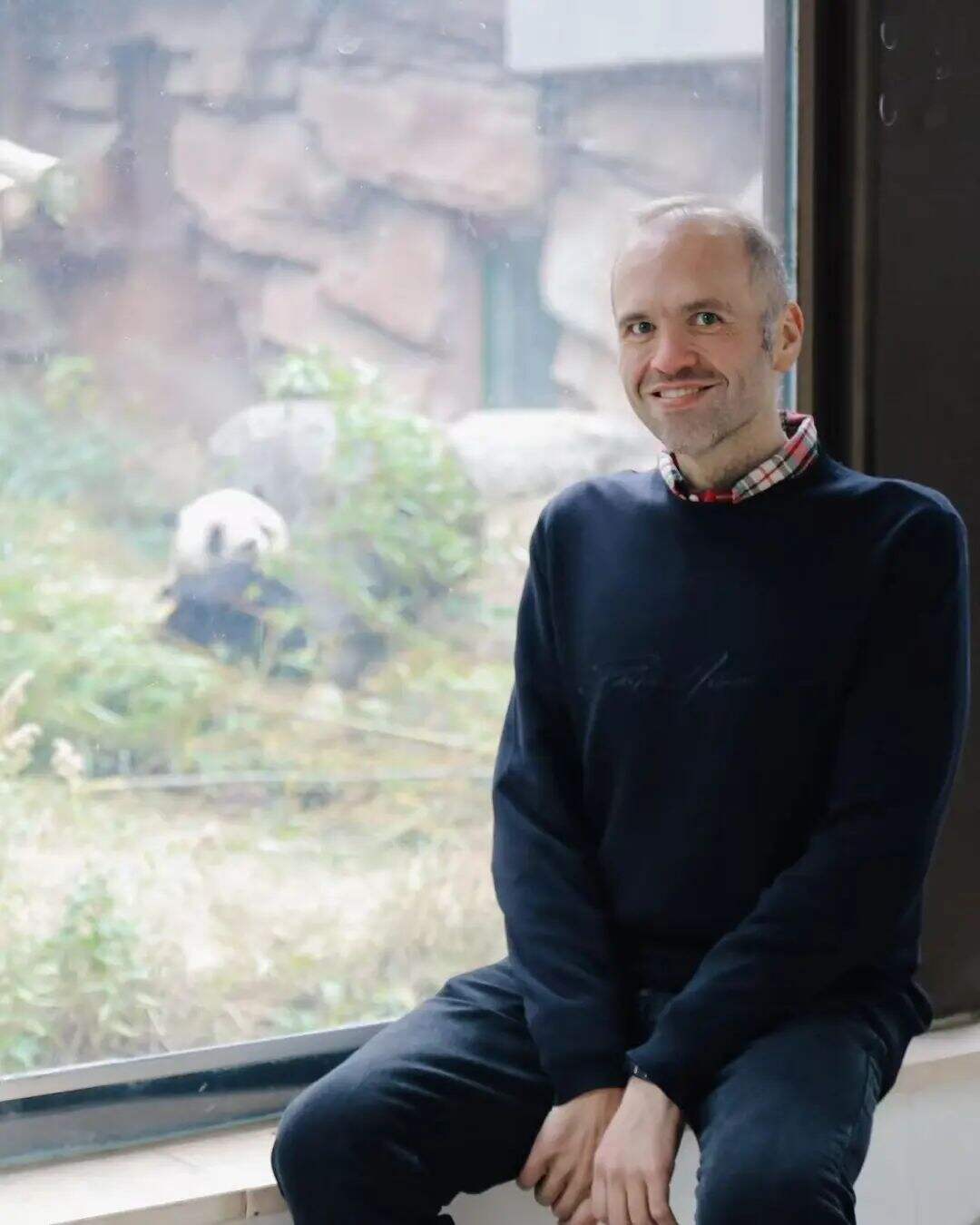
Related Articles
_1765960444469.jpg?x-oss-process=image/interlace,1/resize,m_lfit,w_1200/quality,q_90/format,webp)












